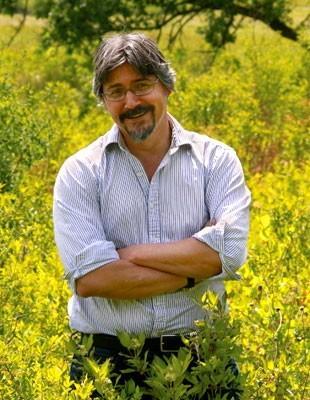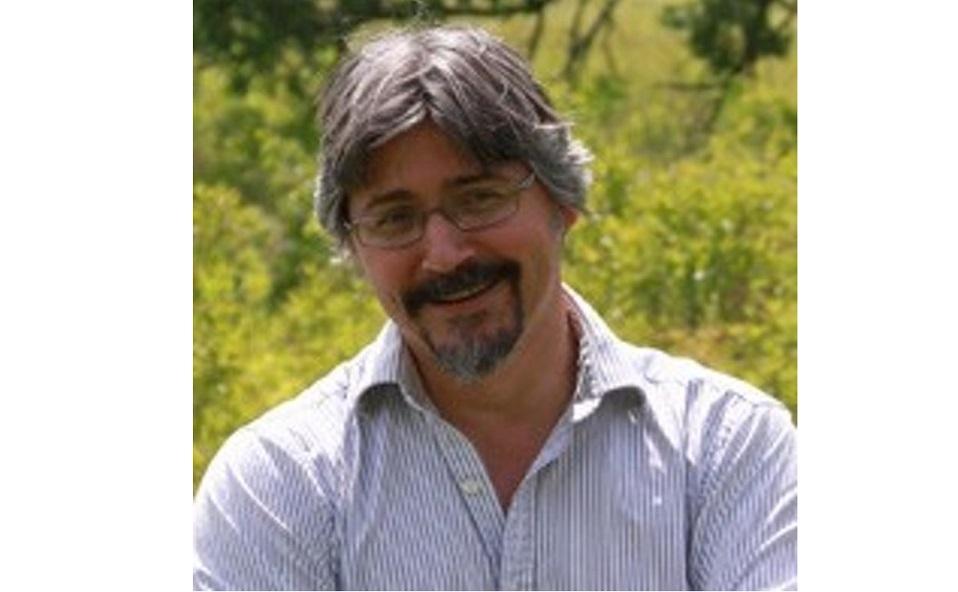
Paul Robbins, a world leader in addressing rapid global environmental change, will present “Coffee, Frogs, and Workers: Conservation in the Anthropocene,” on Oct. 30 at Washington College.
Part of the Phi Beta Kappa Visiting Scholars Program, Robbins is the director of the Nelson Institute for Environmental Studies at the University of Wisconsin-Madison. The talk at 4:30 p.m. in Litrenta Lecture Hall of the Toll Science Center is free and open to the public.
With years of experience as a researcher and educator, Robbins specializes in human interactions with nature and the politics of natural resource management. His research addresses questions spanning conservation conflicts, urban ecology, and environment and health interactions. He has done extensive fieldwork in rural India, where he has focused his work on the politics surrounding forestry and wildlife conservation, as well as recent research examining the wealth of biodiversity in commercial coffee and rubber plantations. He has also led studies of consumer chemical risk behaviors, mosquito management, and elk management in the United States.
“Coffee, Frogs and Workers: Conservation in the Anthropocene” will address biodiversity, plantation export economics, and labor dynamics in the booming commodity production landscapes of coffee, rubber, and arecanut in southern India. The conclusion: Wild species are thriving in places that are not wilderness at all, but their fates are intertwined with that condition and aspirations of the rural working poor. As the era of wildlife “enclosures” draw to a close and the frontiers of conservation begin to extend into wholly humanized landscapes, basic questions arise about the survival of people and other species. Robbins will ask, are the Anthropocene landscapes of a quickly-changing planet amenable to the mission of conservation biology? Can chaotic, semi-humanized environments be coaxed to protect rare endemic species? Can wellbeing be assured for wildlife, owners, and workers?
About Washington College
Founded in 1782, Washington College is the tenth oldest college in the nation and the first chartered under the new Republic. It enrolls approximately 1,450 undergraduates from more than 39 states and territories and 25 nations. With an emphasis on hands-on, experiential learning in the arts and sciences, and more than 40 multidisciplinary areas of study, the College is home to nationally recognized academic centers in the environment, history, and writing. Learn more at washcoll.edu.



Write a Letter to the Editor on this Article
We encourage readers to offer their point of view on this article by submitting the following form. Editing is sometimes necessary and is done at the discretion of the editorial staff.